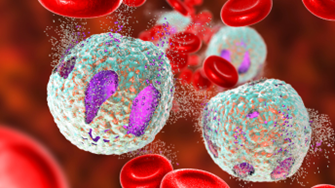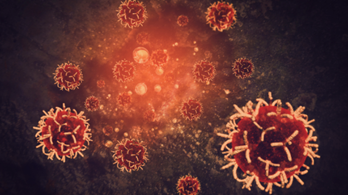I’m sitting quietly with the dogs as the wife
has gone bowling. I could be watching anything I like on the telly, I could be
playing any of a myriad of computer games. I could be reading anything I like
on my Kindle.
Instead I’m doing a
BTLP-TACT exercise at quarter to ten at night…
I was presented with
one case – a twenty-four year old woman in theatre requiring group and save for
a caesarean section.
The cell group was AB;
the serum group B. That makes the blood group indeterminate and would need
referral to NHSBT. The Rh group was negative though
The antibody screen was
negative.
I got the green light…
and the red mist. Quite frankly what a nonsensical exercise. Given that someone
is having a caesarean section what is the likelihood of being unaware of such
an unlikely blood group until the labour is at such a stage that surgery is
required.
At the risk of sounding very ungrateful for
something which is very useful to me (and free to me!), the BTLP-TACT
simulator is very much something of a work in progress. Sadly there’s not much
progress going on.
















